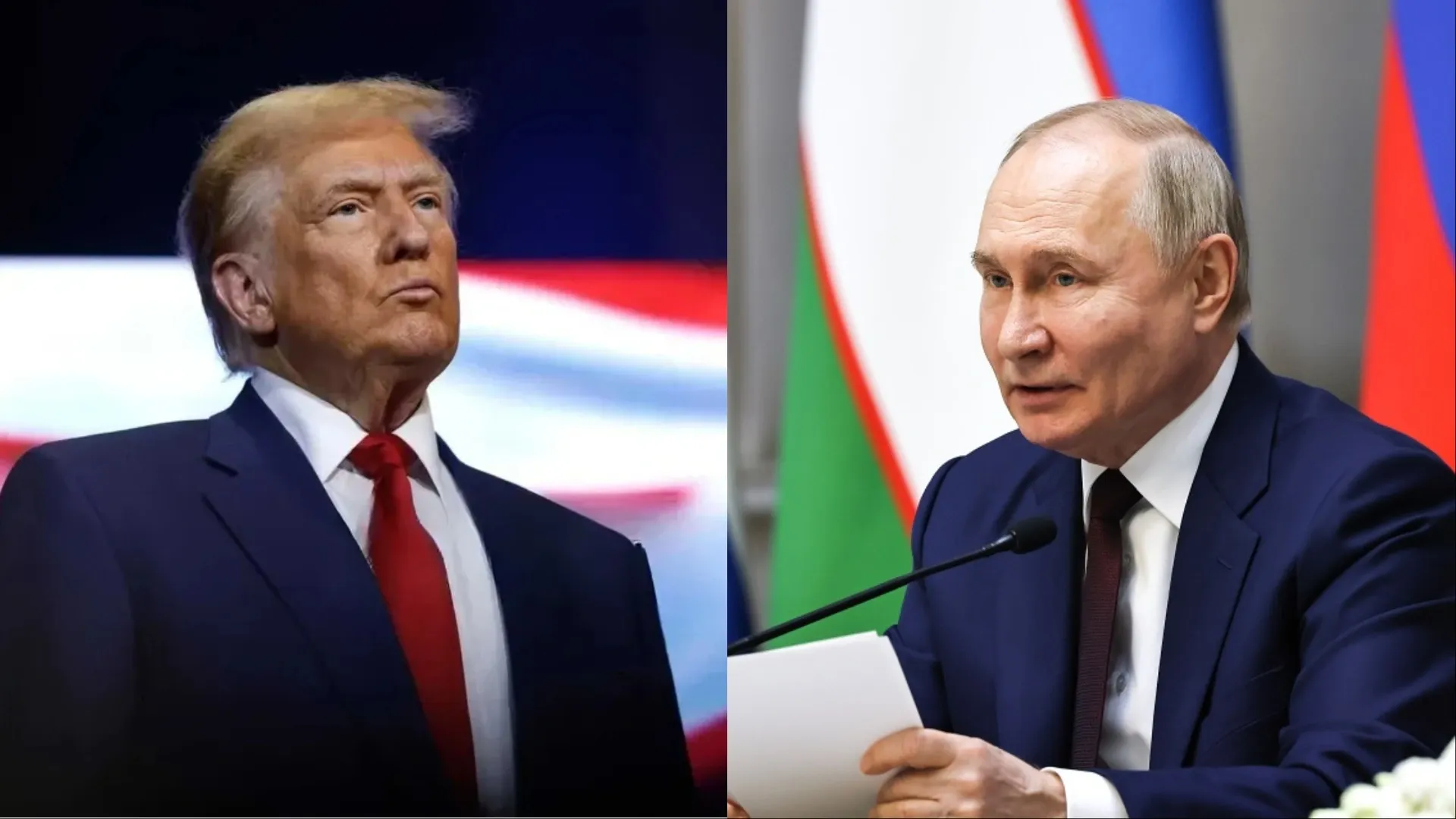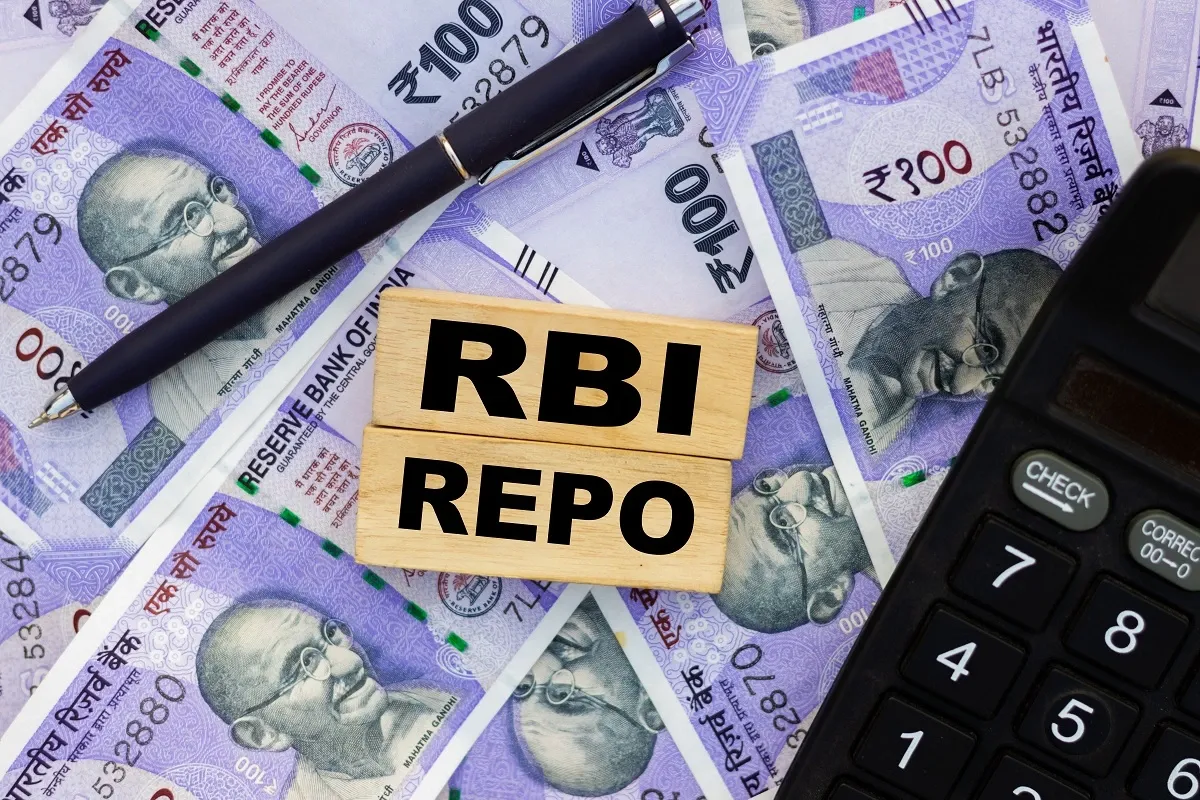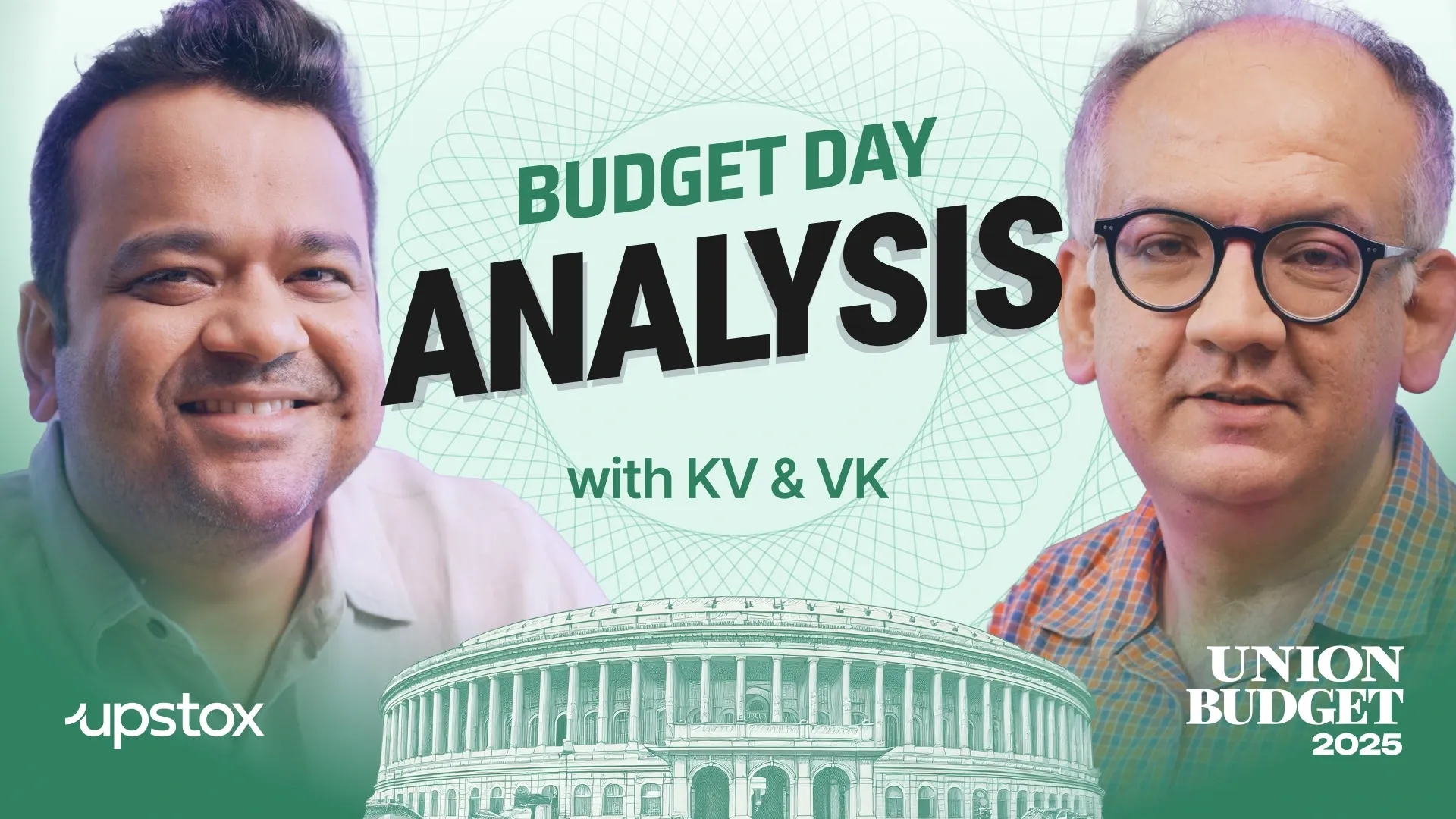Business News
Trump’s Moscow gamble: US sidelines Ukraine in peace talks with Russia, agrees to restore diplomatic missions
.png)
5 min read | Updated on February 19, 2025, 14:39 IST
SUMMARY
The high-level discussions in Riyadh mark a departure from the Biden administration’s approach, raising concerns among European allies and fueling speculation about potential US concessions to Moscow.

US President Donald Trump said that Ukraine should have resolved the war earlier.
In a dramatic departure from the Biden administration’s stance, US President Donald Trump has taken the first steps toward re-engagement with Moscow by excluding Ukraine from initial peace talks and agreeing to restore diplomatic missions as a starting point for further negotiations.
Radical shift in Washington’s approach
For nearly three years, the US maintained a firm stance against Russia’s invasion of Ukraine, bolstering NATO’s presence in Eastern Europe and isolating Moscow through sanctions and diplomatic pressure. However, that approach changed with Tuesday’s high-level talks in Riyadh, where senior US and Russian officials engaged in their most substantial negotiations since the war began.
The meeting, held just weeks after Trump’s re-election, saw US Secretary of State Marco Rubio and Russian Foreign Minister Sergey Lavrov discuss re-establishing diplomatic ties and forming working groups to explore a negotiated end to the war.
Ukraine and NATO sidelined
One of the most controversial aspects of the meeting was the exclusion of Ukraine and NATO partners, a concern Trump brushed aside, saying that Ukrainian leaders should have resolved the war before it began.
“Today I heard, ‘Oh, well, we weren’t invited.’ Well, you been there for three years. You should have ended it three years” ago, Trump told reporters, repeating his longstanding doubts about US support for Ukraine.
“You should have never started it. You could have made a deal.”
Despite reassurances from Rubio and National Security Adviser Mike Waltz that Ukraine and European allies would not be permanently sidelined, the absence of Kyiv at the table raised concerns about the direction of negotiations and the possibility of a US-Russia agreement at Ukraine’s expense.
Restoring diplomatic channels
Among the first tangible outcomes of the Riyadh meeting was an agreement to begin the process of restoring full diplomatic missions in Washington and Moscow. The embassies, heavily diminished by tit-for-tat expulsions over the years, have hindered dialogue between the two nations.
Lavrov said both sides would fast-track ambassador appointments and work on lifting restrictions on embassy staff.
Rubio said that normalising diplomatic operations was crucial for advancing peace talks and addressing global issues, including energy cooperation. Russian officials even hinted at the potential for joint economic ventures, a stark contrast to the stringent sanctions imposed by the previous administration.
Putin’s position
While the US appeared to be making concessions, Russia remained firm in its stance. Lavrov said that Moscow would not accept NATO troops in Ukraine under any guise, showing the Kremlin’s insistence on security guarantees as part of any settlement.
Trump’s approach has drawn sharp criticism from Ukraine and European leaders.
Ukrainian President Volodymyr Zelenskyy postponed a planned trip to Saudi Arabia to avoid legitimising the US-Russia talks.
German Chancellor Olaf Scholz warned against decisions being made “over the heads of Ukraine,” while former US officials said that Trump was rehabilitating Russia’s global standing.
Growing concerns over US priorities
With the war still ongoing and no clear roadmap for peace, Trump’s decision to engage Russia directly—while downplaying Ukraine’s role—marks a major shift in US policy. While the administration insists that all parties will eventually be included, the opening moves suggest that Washington is willing to engage Moscow on terms that could reshape the geopolitical dynamics.
As Trump’s team appears to be exploring avenues for rebuilding relations with Moscow, critics argue that this could embolden Putin. His supporters, however, say it could bring an end to a costly and prolonged war.
Diplomatic experts have warned that bypassing Ukraine in the early stages of negotiations could erode trust among US allies. European leaders, already wary of Trump’s scepticism toward NATO, worry that Washington may pressure Ukraine into making territorial concessions to achieve a quick resolution.
Trump’s stance on sanctions and concessions
One of the biggest questions surrounding Trump’s approach is whether the US will ease sanctions against Russia.
Rubio, when asked about lifting restrictions, acknowledged that “to bring an end to any conflict, there have to be concessions made by all sides” but refused to specify what the US might be willing to offer. The ambiguity has only fueled speculation about the extent to which Washington may be willing to accommodate Moscow’s demands.
Trump’s repeated comments blaming Ukraine for allowing the war to start have also unsettled Kyiv and its allies. His assertion that a deal should have been made before the invasion suggests a shift in how the US views responsibility for the war. Ukrainian officials insist they will not accept any agreement made without their consent, while European leaders continue to push for a peace process that prioritises Ukraine’s sovereignty.
As talks progress, the focus will be on whether Trump’s administration can secure a lasting peace without alienating Ukraine and its European allies. The success of the diplomatic reset with Russia will depend on whether the US can balance its engagement with Moscow while maintaining its commitments to Ukraine’s security.
For now, Trump’s rush to broker an end to the war is being seen by some as a necessary step to end hostilities, while others fear it could set a dangerous precedent by rewarding Russian aggression.
About The Author
Next Story

